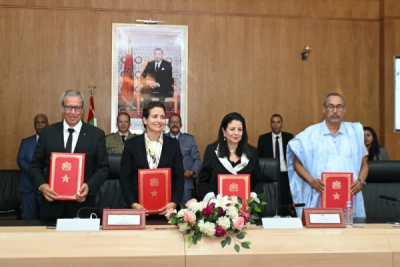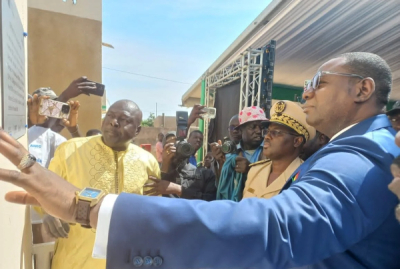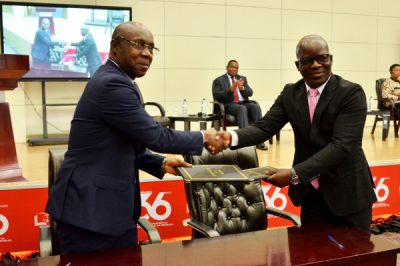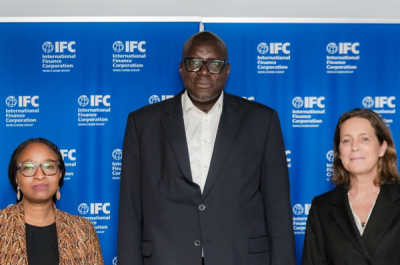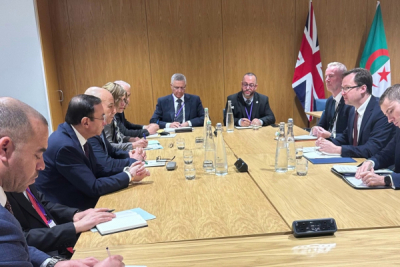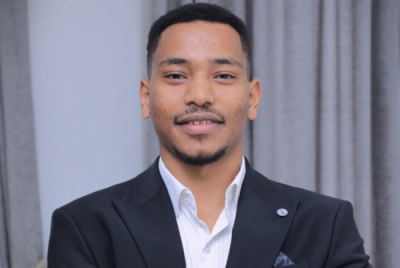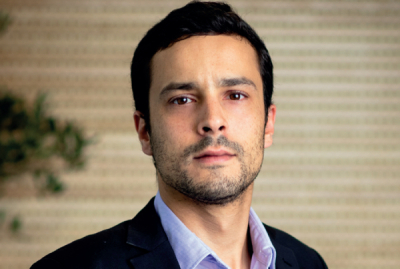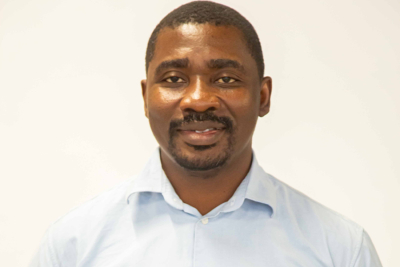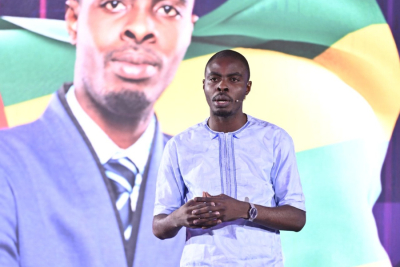Tunisia launched on November 19 a National Charter aimed at strengthening families’ capacity to ensure a safe digital environment for children. The initiative, led by the Ministry of Family, Women, Children and Seniors and the Ministry of Communication Technologies, is supported by telecom operators, Internet service providers, public media, and other sector actors.
In her remarks, Family Minister Asma Jabri stressed that the family is “the first line of defense for the child.” Families must therefore receive the tools needed to interact safely and effectively with digital technologies through awareness, training, and guidance. This support will enable parents to follow technological developments and provide positive, responsible supervision of their children’s online activities.
The initiative comes as children are increasingly connected to the Internet for both entertainment and learning. The International Telecommunication Union (ITU) estimates that a child somewhere in the world goes online for the first time every half-second. In Tunisia, Communication Technologies Minister Sofiene Hemissi recently reported that minors aged 12 to 16 spend an average of eight hours per day online.
In October, during a conference organized by the Ministry of Interior alongside the Ministries of Defense and Communication Technologies, Mr. Hemissi highlighted the rise in cyberthreats targeting minors, intensified by the use of artificial intelligence. He noted that risks no longer concern only exposure to immoral content but now include the spread of false historical, religious, and cultural information.
In this context, the government had already launched in 2024 a National Action Plan for preventing and responding to online violence against children, in partnership with UNICEF. “While access to this technology provides numerous educational and social benefits to children, it also has the potential to expose them to risk and cause harm. Furthermore, it is possible for both risks and harms to traverse the digital and physical environments, whereby online risks can become offline harms and vice versa.,” the UN agency stated at the time.
Meanwhile, the GSMA, in partnership with UNICEF, launched in late October 2025 a working group dedicated to online child protection. This multi-stakeholder platform aims to guide, coordinate, and strengthen efforts across Africa while building national and regional capacities to ensure children’s safety online. The group includes major telecom operators on the continent, including Orange, which operates in Tunisia.




